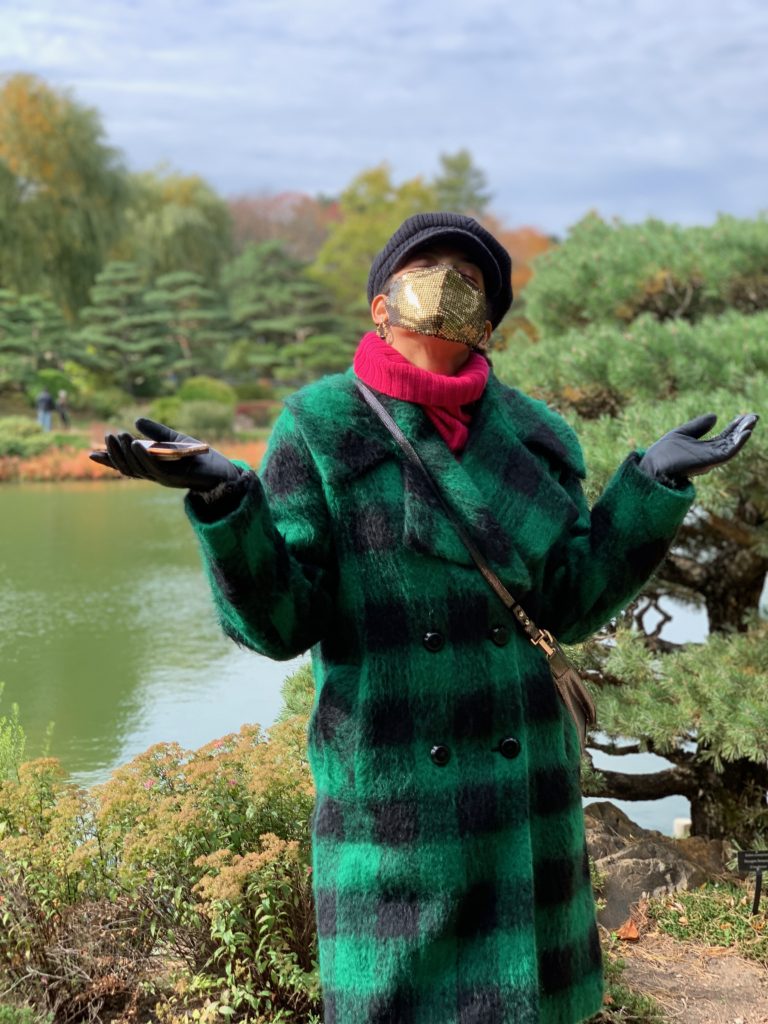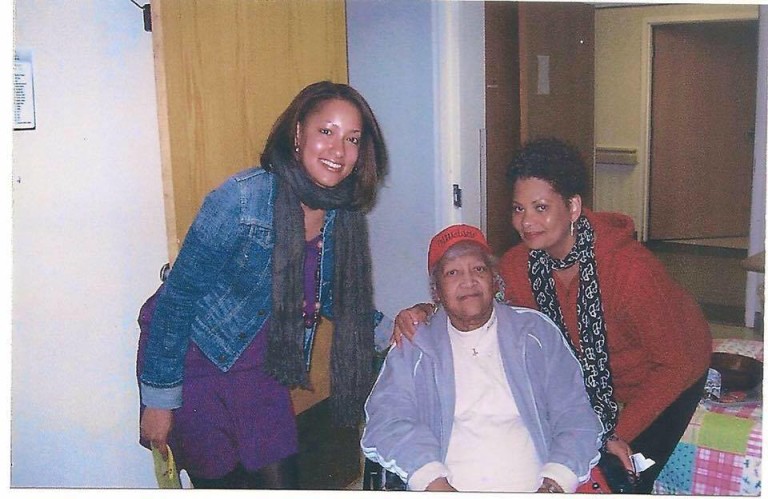I recently read the novel The Help and had some serious bipolar feelings about it. On one hand, the story Mrs. Stockett tells about the relationship between white families and their black female domestics set in rural 1950s Jackson, Mississippi is very engaging and all in all a good read.
And then I got to the end.
That is where Mrs. Stockett shares with the reader the inspiration for her book. It was based on her own family’s experience with their black maid during that same time period and how she grew up in Mississippi living the same life her colorful, vibrant characters lived. Lives filled with southern gentility, racism, and complex relationships between the black and white folk. I won’t go into the specific details of the book’s plot as other reviews do that quite well and the movie, which is inevitably soon to be released, will certainly spare no scenes.
While I respect that the author was brave enough to use fiction to tell a story about this relationship between The Help and their white employers while weaving in the experiences and perspectives of black female domestics during the Civil Rights era, I’m disappointed that the author did not expand her research for the material used in the novel. At the end of the novel in a first person voiced section called “Too Little, Too Late”, the author talks about her relationship with her family maid, Demetrie who took care of her and whom she ultimately developed a close relationship and affection for. She mentions her own feelings about the novel’s conflict as it relates to the relationship between black and white women from this time; she’s not sure if she has told too much or too little about this convoluted relationship. The complexity she alludes to is the affection that grows and blossoms between The Help and the families they serve. She does acknowledge the following:
“I don’t presume to think that I know what it really felt like to be a black woman in Mississippi, especially in the 1960s. I don’t think it is something any white woman on the other end of a black woman’s paycheck could ever truly understand.”
And then she goes on to say she relied heavily on archival information to understand the point of view of the domestics to inform her story.
I don’t deny that there may have been feelings that developed between these domestics and their families but I believe the situations these black women faced was ripe for them to develop a Stockholm syndrome. Stockholm syndrome is defined as an emotional attachment to a captor formed by a hostage as a result of continuous stress, dependence, and a need to cooperate for survival. Now slavery has been over and done with by this time however job prospects were limited for black women during that time and the way many of these women were treated by their employers, we might look back on the relationships today as unbearable from the black female’s perspective.
This novel also represents the sustaining trend of black stories told through white eyes without the authentic validation from the other side of the coin. Even though many of those women who served as domestics are not around today, their children are. Community members who remember those days still exist and can speak freely now about those times, how they felt. What’s missing is the authentic voice from the black perspective. The irony is within the story’s plot, the black maids in the book are enlisted to help the main white character, a budding novelist, write a book about the domestics’ lives to expose the racism in Jackson, Mississippi households. The book is called “Help.”
So while Mrs. Stockett provides a relevant and important story from her perspective and background, it would have been nice if the approach she took to tell this story mirrored the way the black maids contributed to the writing of the book “Help” within the novel. And as The Help hits the big screen later this year, maybe there will be some consideration for that perspective.




